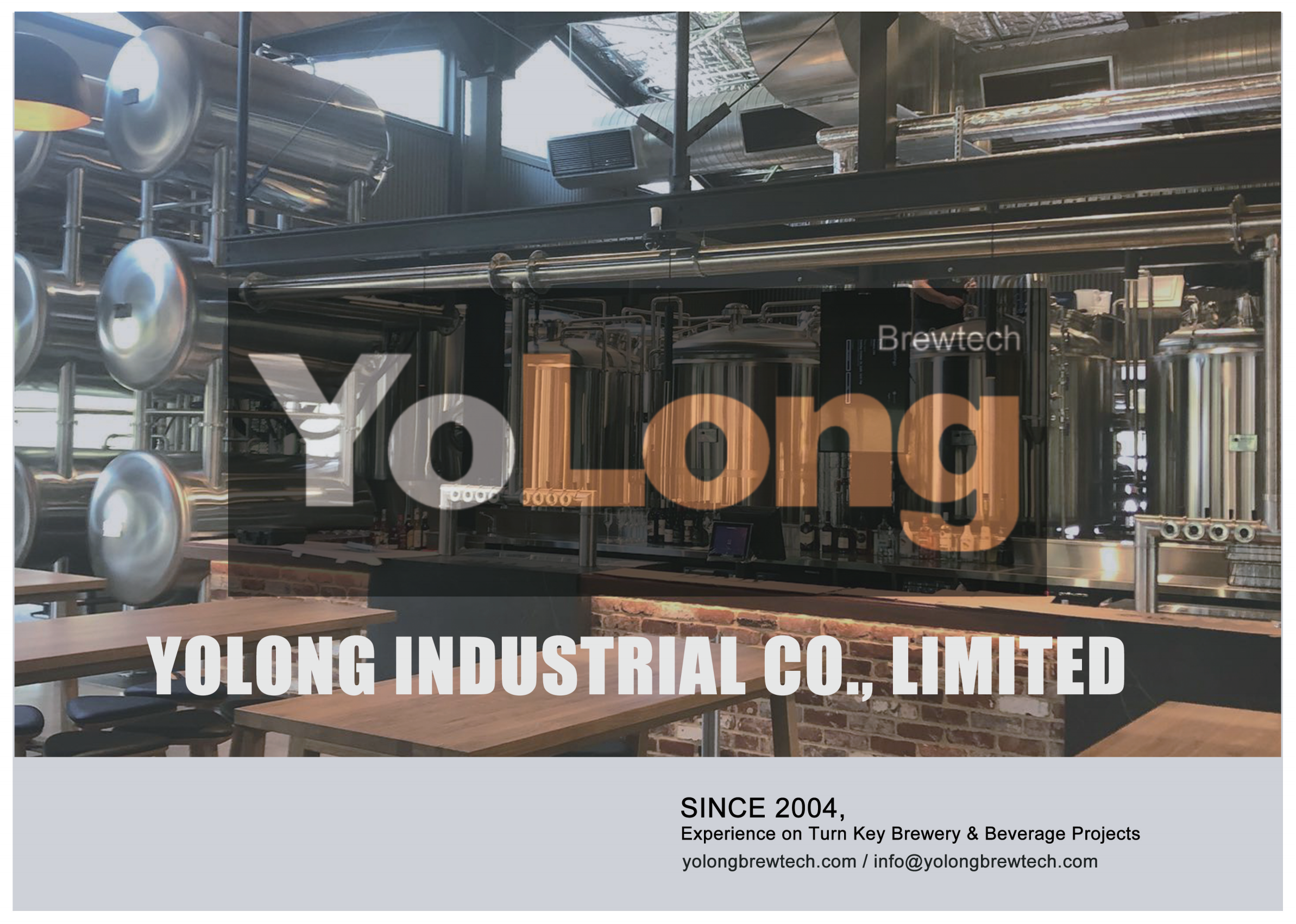Best Electric Brewing System
Brewing beer at home has never been easier, thanks to the evolution of electric brewing systems. These modern marvels take the guesswork out of the process, allowing hobbyists and professionals alike to craft high-quality beer with precision and ease. But how do you choose the best electric brewing system? What features should you look for? And how do you troubleshoot common issues? Let’s dive in and uncover everything you need to know.
Overview of Electric Brewing Systems
Electric brewing systems have revolutionized the beer-making process by offering automation, efficiency, and consistency. Unlike traditional methods that rely on propane burners or stovetops, electric systems use advanced temperature controls and built-in heating elements to streamline every step.
These systems are ideal for brewers of all levels. Whether you’re a beginner seeking simplicity or an experienced brewer looking for precision, electric brewing systems cater to diverse needs. They also come in various capacities, designs, and price ranges, making it easier to find one that suits your budget and space.
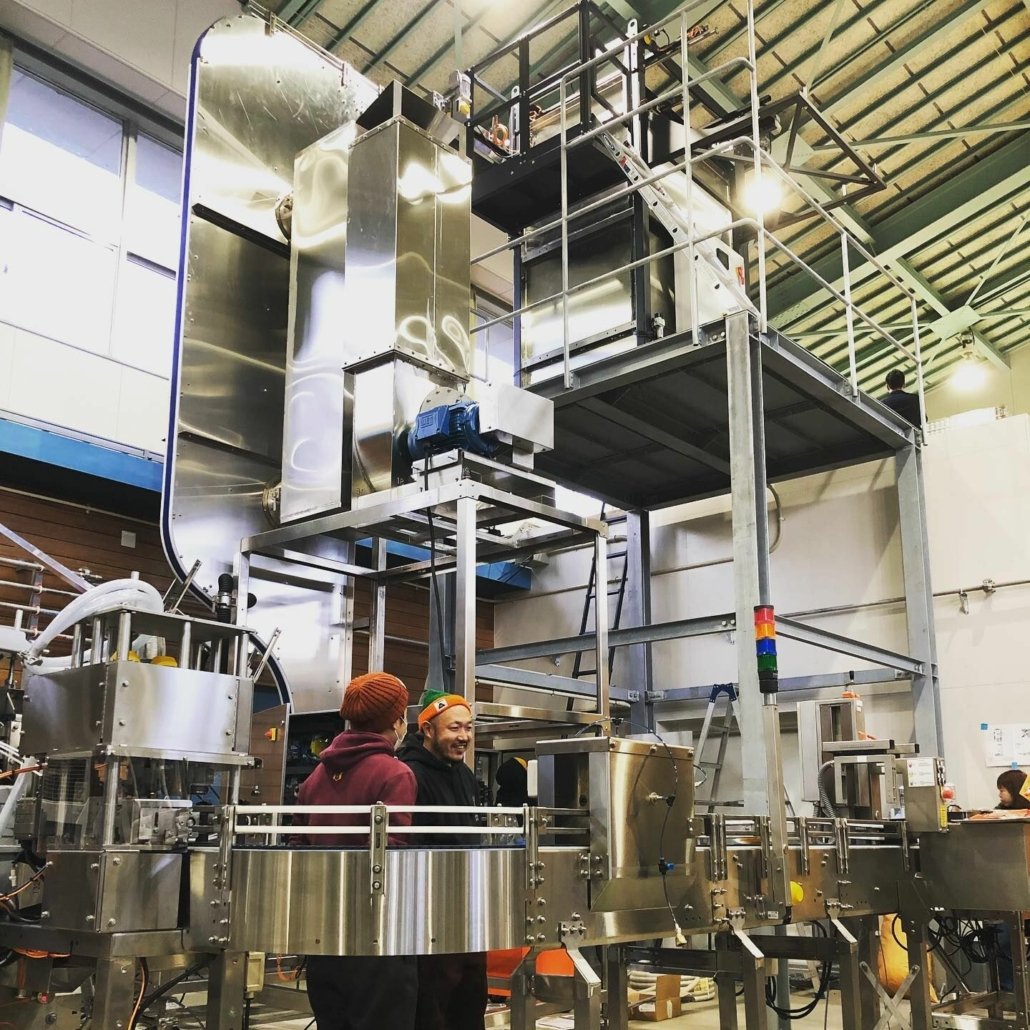
The Brewing Process: How It Works
Brewing beer involves a series of well-coordinated steps, and electric brewing systems make these processes seamless. Here’s a step-by-step breakdown:
- Mashing: The grains are soaked in hot water to convert starches into fermentable sugars. Electric systems maintain precise temperatures, which is critical for this step.
- Sparging: After mashing, the grains are rinsed to extract additional sugars. Many electric brewing systems include built-in sparging mechanisms for added convenience.
- Boiling: The wort (unfermented beer) is boiled to sterilize and infuse it with hops. Adjustable heating elements in electric systems allow brewers to control boil intensity.
- Cooling: The wort is rapidly cooled to a yeast-friendly temperature. Some electric systems come with built-in cooling systems, while others require external equipment.
- Fermentation: Yeast is added to the cooled wort, and the fermentation process begins. While electric brewing systems don’t handle fermentation directly, many come with accessories to aid this step.
Troubleshooting Common Issues
Even with the best electric brewing system, issues can arise. Here’s how to tackle some common problems:
- Inconsistent Temperatures: Ensure that the heating elements and temperature sensors are clean and functioning correctly. Regular calibration can help.
- Clogged Pumps or Filters: Clean the system thoroughly after each use to prevent residue buildup. Use a gentle cleaning solution designed for brewing equipment.
- Leaky Connections: Check all seals and fittings. Replace worn gaskets or tighten loose connections as needed.
- Poor Wort Circulation: Inspect the pump for obstructions and verify that the flow rate is set appropriately.
Capacity, Space, Design, and Customization
Choosing the right electric brewing system depends on your needs. Let’s compare some key parameters in the table below:
| Parameter | Small Systems | Medium Systems | Large Systems |
|---|---|---|---|
| Capacity | Up to 5 gallons | 5–10 gallons | 10+ gallons |
| Space Requirements | Compact, countertop models | Requires dedicated space | Large setups, often standalone |
| Design | Simple and portable | Moderate complexity | Advanced with extra features |
| Customization Options | Limited | Moderate | Extensive |
Suppliers and Price Range
Electric brewing systems are available from various suppliers, catering to different budgets. Here’s a table summarizing some popular options:
| Supplier | Price Range | Notable Features |
| Grainfather | $800–$1,500 | High-end, all-in-one systems |
| Brewzilla | $500–$1,200 | Affordable, beginner-friendly designs |
| Anvil Foundry | $400–$1,000 | Compact, durable, and easy to use |
| Blichmann Engineering | $1,200–$3,000 | Professional-grade systems with customization |
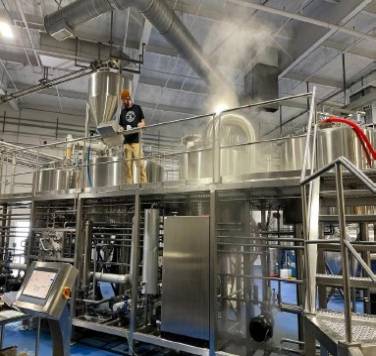
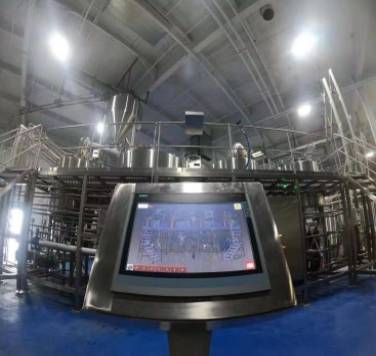
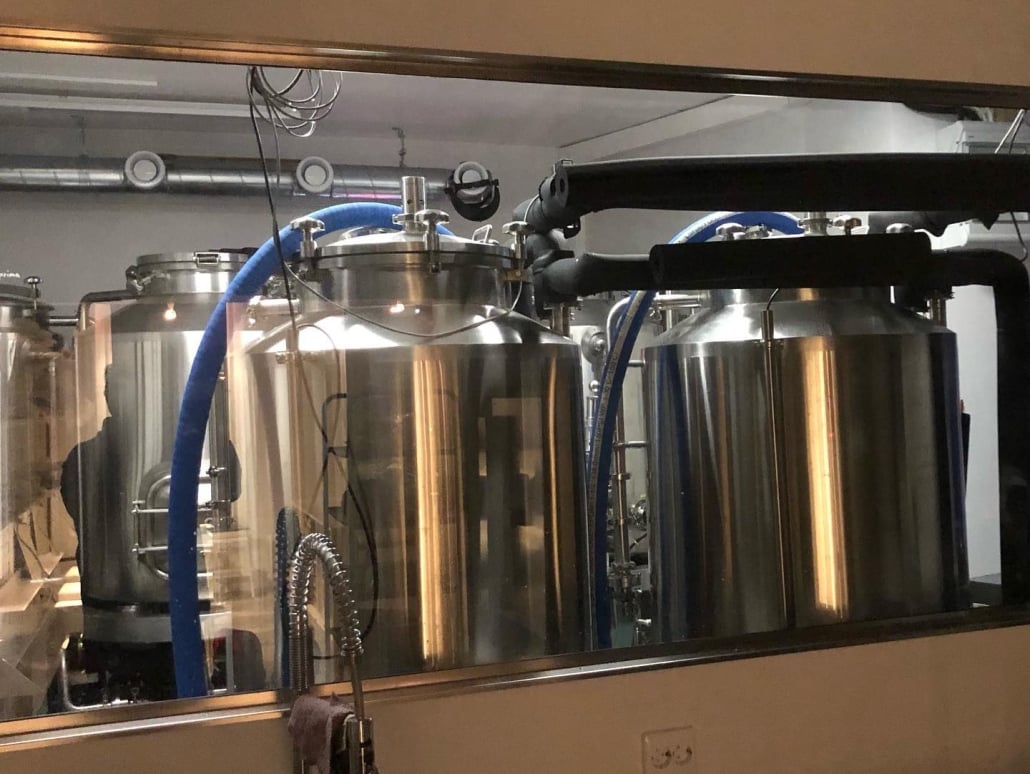
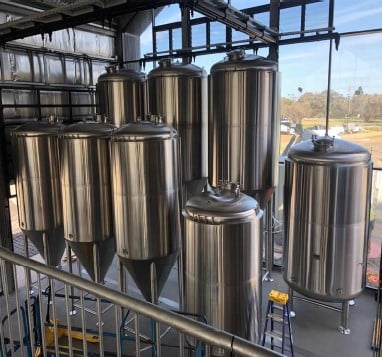
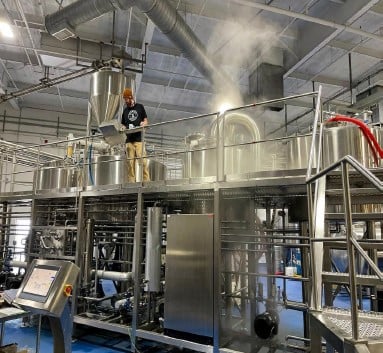
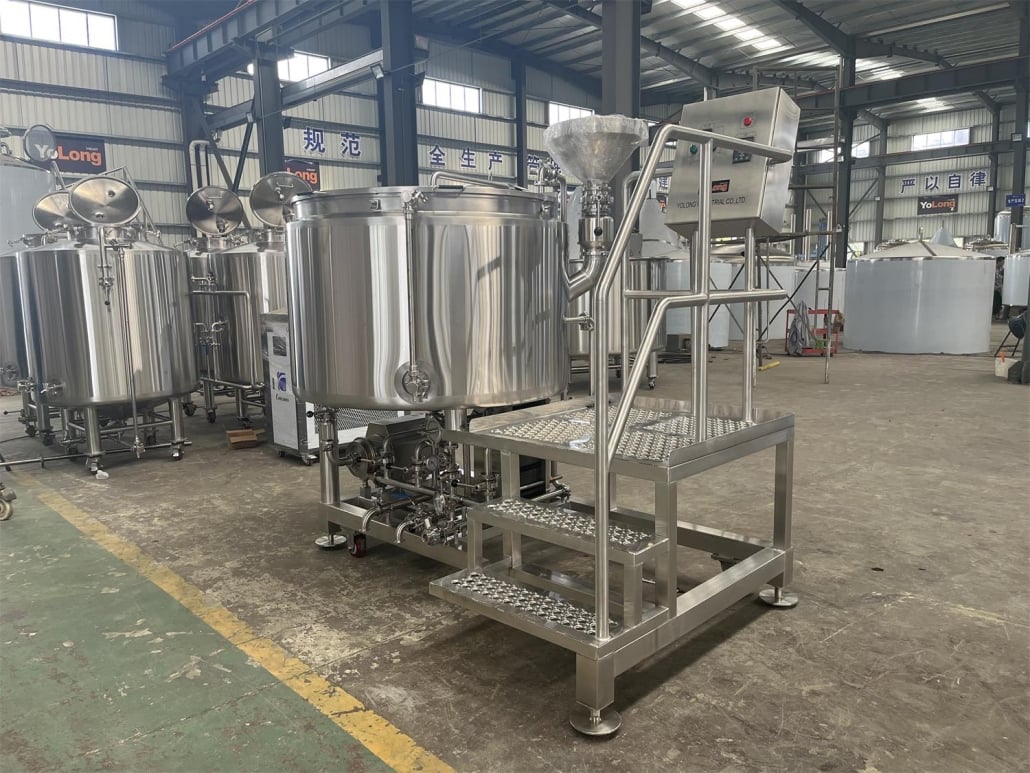
Installation, Operation, and Maintenance
Proper installation, operation, and maintenance ensure the longevity and performance of your electric brewing system. The table below provides a quick overview:
| Aspect | Details |
| Installation | Follow manufacturer guidelines; ensure proper ventilation. |
| Operation | Use the control panel for precise temperature management. |
| Maintenance | Clean thoroughly after each use; descale heating elements periodically. |
How to Choose the Right Supplier
Selecting the right supplier is crucial for a satisfying brewing experience. Here’s a comparative guide:
| Criteria | What to Look For |
| Reputation | Check reviews and ratings from other brewers. |
| Warranty and Support | Opt for suppliers offering robust warranties and support. |
| Customization Options | Look for flexibility in system design and add-ons. |
| Availability of Parts | Ensure that replacement parts are easy to source. |
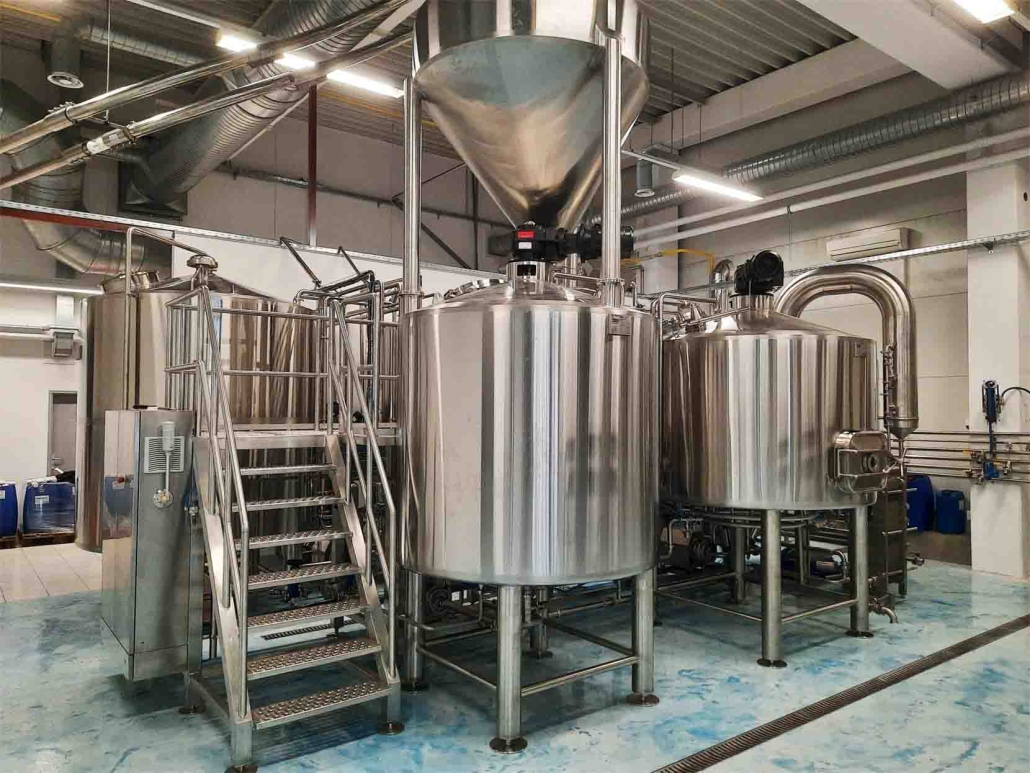
Advantages and Limitations of Electric Brewing Systems
When compared to traditional brewing methods, electric systems have distinct advantages and some limitations. Let’s weigh them:
| Aspect | Advantages | Limitations |
| Precision | Accurate temperature control | Higher upfront cost |
| Convenience | Streamlined, all-in-one systems | Requires electricity access |
| Safety | Eliminates open flames and reduces burn risk | Limited mobility compared to propane systems |
| Customization | Many options for advanced features | Some models may be complex for beginners |
FAQs
| Question | Answer |
| What is the best electric brewing system for beginners? | The Brewzilla or Anvil Foundry are great options for affordability and ease of use. |
| Can I use an electric brewing system outdoors? | Yes, as long as there’s access to power and a dry, sheltered space. |
| How do I clean my brewing system? | Use a gentle cleaning solution and rinse thoroughly after each use. |
| Are electric systems more efficient than gas systems? | Yes, they are more energy-efficient and offer precise temperature control. |
Electric brewing systems are a game-changer for beer enthusiasts. Whether you’re just starting or refining your craft, investing in a reliable system can elevate your brewing game. From beginner-friendly models to advanced setups, there’s an electric brewing system for everyone. Cheers to brewing the perfect pint!
FAQ (Best Electric Brewing System)
1) What electrical circuit do I need for the best electric brewing system?
Most 120V systems draw 10–15A; 240V systems commonly need a dedicated 20–30A GFCI circuit. Verify plug type (NEMA), wire gauge, and that your panel has capacity.
2) How important is watt density of the heating element?
Lower watt density reduces scorching risk and improves mash temperature uniformity, especially for high-gravity worts. Look for ULWD/LOWD elements for smoother boils.
3) Can I achieve step mashes and mash-outs with an all-in-one electric system?
Yes. Quality controllers support multi-step profiles with recirculation to maintain even temps. Calibrate probes and stir/recirc to avoid stratification.
4) How do condenser lids impact indoor brewing?
They cut humidity/steam significantly, enabling garage/apartment brew days with less condensation while maintaining vigorous boils when plumbed to cold water.
5) What’s the best way to improve efficiency on electric systems?
Use a proper crush, recirculate gently, insulate the kettle, preheat strike water, and validate volumes. A quick pH check (5.2–5.4) boosts conversion and flavor.
2025 Industry Trends for Electric Brewing Systems
- App-native controls: Cloud recipe sync, auto step-mash, and boil additions with Bluetooth hydrometers estimating gravity in real time.
- Faster heat-up: Higher-efficiency elements and better insulation shorten brew day.
- Steam and odor management: Affordable condenser lids and compact ventilation kits expand indoor use.
- Safety by default: More systems ship with GFCI cords, dry-fire and boil-over protection, and food-grade silicone plumbing.
- Sustainability: Insulated kettles, heat-retention wraps, and optimized CIP cycles reduce kWh and water use.
2025 Benchmark Snapshot (US; directional)
| Metric | 2023 Avg | 2025 Avg | Notes/Source |
|---|---|---|---|
| 35 L all-in-one system price | $400–$550 | $425–$600 | Added app features/insulation |
| 65–70 L advanced system price | $1,100–$1,600 | $1,200–$1,800 | Higher power, better pumps |
| Heat-up 20°C→100°C (35 L, 2.4 kW) | 50–60 min | 40–55 min | Improved elements/insulation |
| Typical brew day active time | 4.5–6 h | 4–5.5 h | Automation gains |
| Residential electricity (avg $/kWh) | $0.13–$0.17 | $0.14–$0.19 | U.S. EIA averages |
Sources:
- U.S. Energy Information Administration (EIA): https://www.eia.gov
- Major homebrew retailers 2024–2025 listings (MoreBeer, Northern Brewer, Williams Brewing)
- Community/vendor specs and case reports (HomebrewTalk, ProBrewer): https://www.probrewer.com
Latest Research Cases
Case Study 1: Condenser Lid + Insulation for Indoor 10 gal Batches (2025)
Background: Apartment brewer faced humidity, long heat-up times, and neighbor complaints.
Solution: Added condenser lid with adjustable flow, kettle insulation jacket, and app-controlled step mash on a 240V, 3 kW system.
Results: Indoor RH spikes dropped ~45%; heat-up time cut by ~10 minutes; boil-off stabilized at ~6–8%/hr; no off-aroma complaints.
Case Study 2: Probe Calibration and Recirculation Improve Efficiency (2024)
Background: Variable mash efficiency (62–70%) on a 35 L all-in-one unit.
Solution: Calibrated temp probe, standardized crush (≈1.2 mm), gentle continuous recirculation, and mash pH 5.3 using water adjustments.
Results: Efficiency increased to 74–79%; more consistent attenuation and cleaner profiles in pale ales.
Expert Opinions
- John Palmer, Author of “How to Brew”:
“Temperature accuracy and mash pH are the core advantages of electric systems. Calibrate, control, and you’ll taste the difference.” - Denny Conn, Veteran Homebrewer and Author:
“The biggest flavor gains still come from fermentation control. Pair your electric system with a temp-controlled fermenter.” - Annie Johnson, AHA Homebrewer of the Year (2013):
“Use the repeatability of electric rigs to run small, frequent batches—change one variable at a time to learn fast.”
Practical Tools/Resources
- American Homebrewers Association: https://www.homebrewersassociation.org
- Brewers Association (homebrew safety, resources): https://www.brewersassociation.org
- BrewFather and Brewer’s Friend (profiles, timers, inventory): https://brewfather.app | https://www.brewersfriend.com
- Bru’n Water (water chemistry planner): https://www.brunwater.com
- HomebrewTalk and ProBrewer forums: https://www.homebrewtalk.com | https://www.probrewer.com
Optimization tip: Internally link to “best electric brewing system buyer’s checklist,” “indoor brewing with condenser lids,” and “mash efficiency on electric all‑in‑ones” to reinforce topical authority for Best Electric Brewing System.
Last updated: 2025-09-09
Changelog: Added 5 targeted FAQs, 2025 benchmark table with pricing/energy metrics, two case studies (condenser lids; probe calibration/recirculation), expert viewpoints, and vetted tools/resources for Best Electric Brewing System
Next review date & triggers: 2026-03-01 or earlier if retail pricing shifts >10%, major app/firmware features change capabilities, or new homebrew electrical safety guidance is issued
Share this entry
Interested in learning more about Brewing Systems including additional details and pricing information? Please use the form below to contact us!
YOLONG BREWERY EQUIPMENT FAQS
- Commercial Brewery / Craft Brewery / Microbrewery / Nanobrewery
- What is The Difference Between Craft Beer and Industrial Beer?
- The Bespoke Differences In Custom Brewing Systems
- Everything You Need to Know About Kettle Souring
- How to Choose Brewing Equipment for Your business?
- How To Choose The-Best Partner To Build Your Commercial Microbrewing System?
- Two Detection Sensors That You Need To Use In Your Brewhouse System
- Remote Control Applications in Brewing Equipment/How does it work?
- How To Clean Your Brand New Brewery Tanks?

